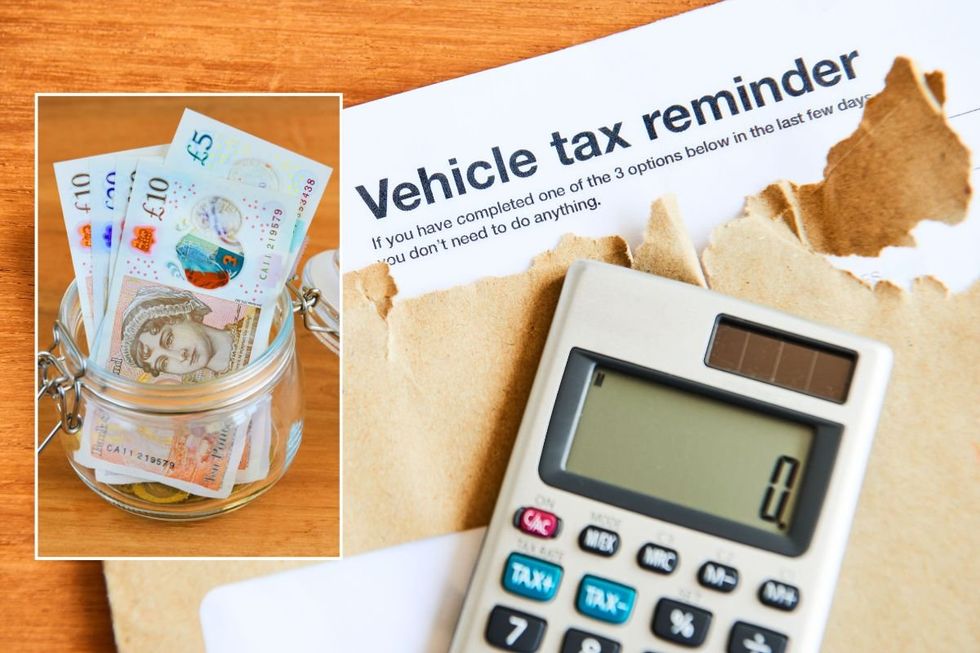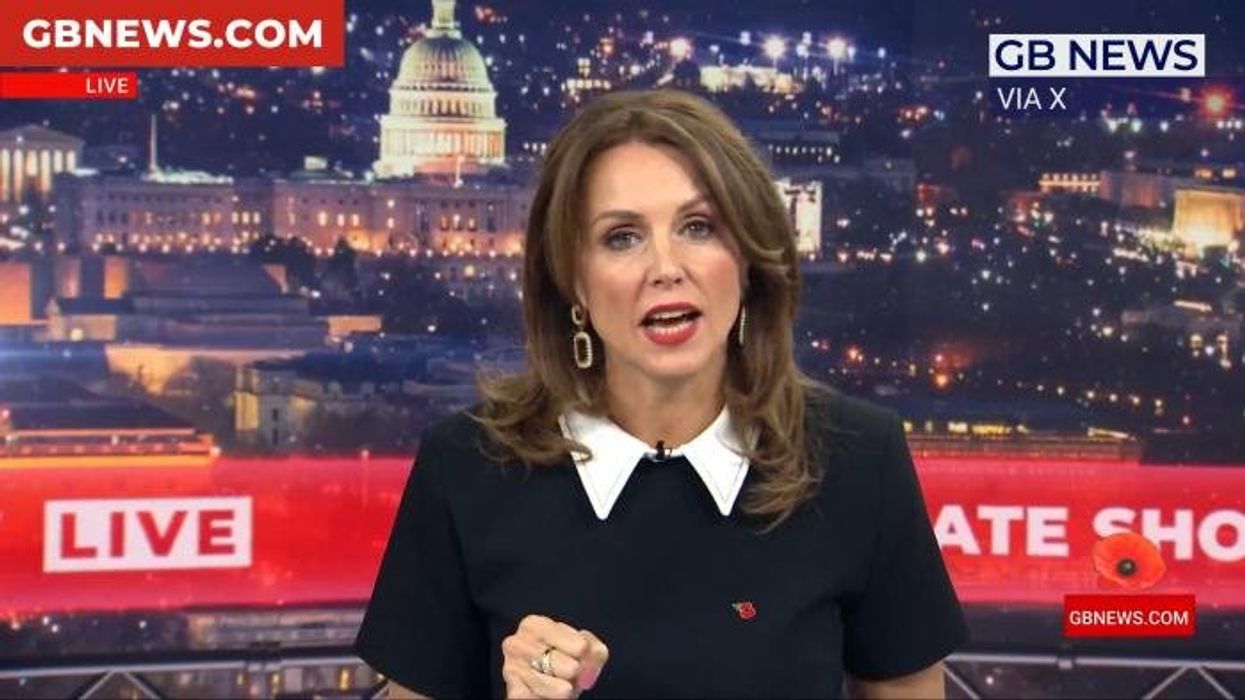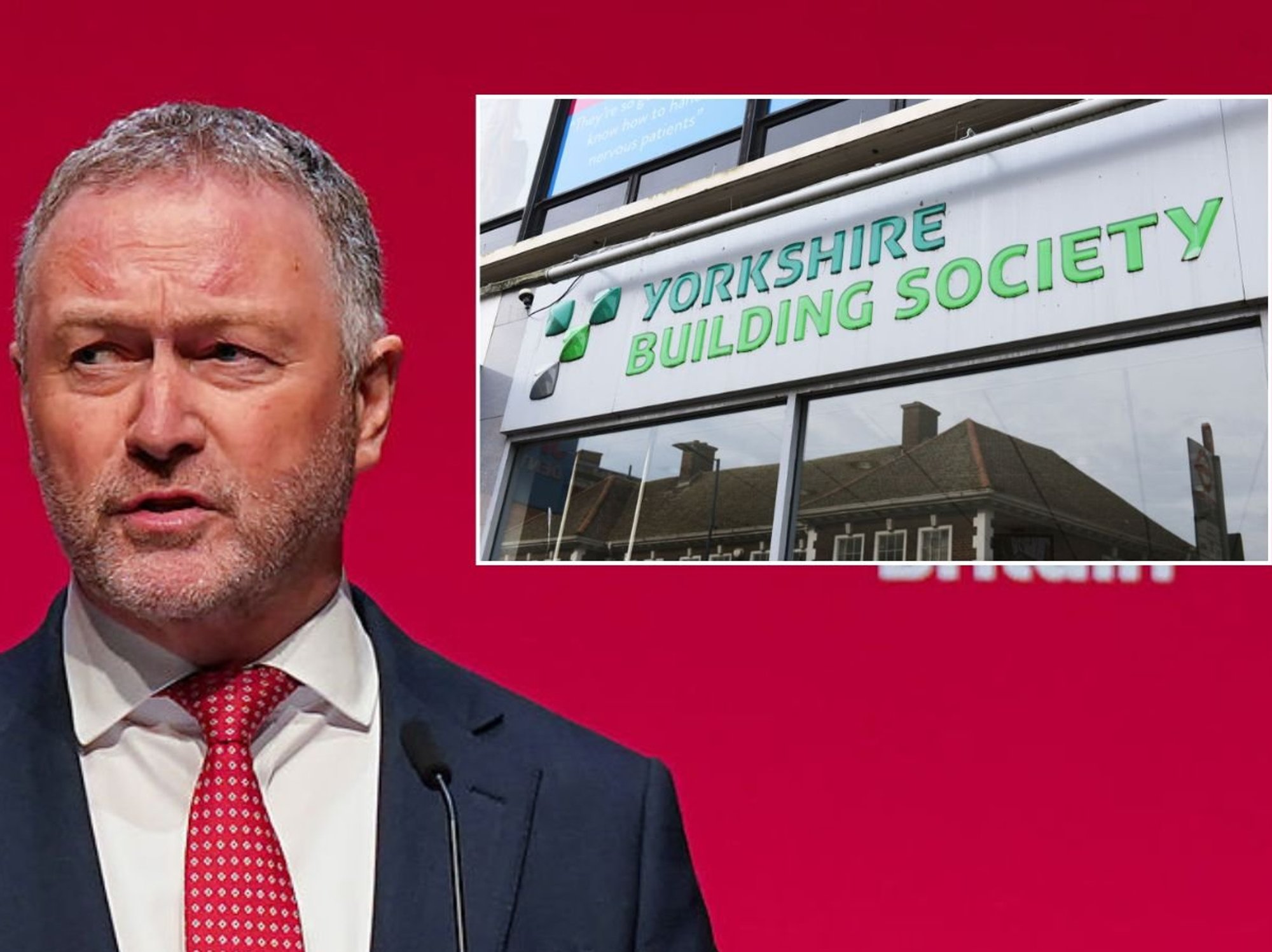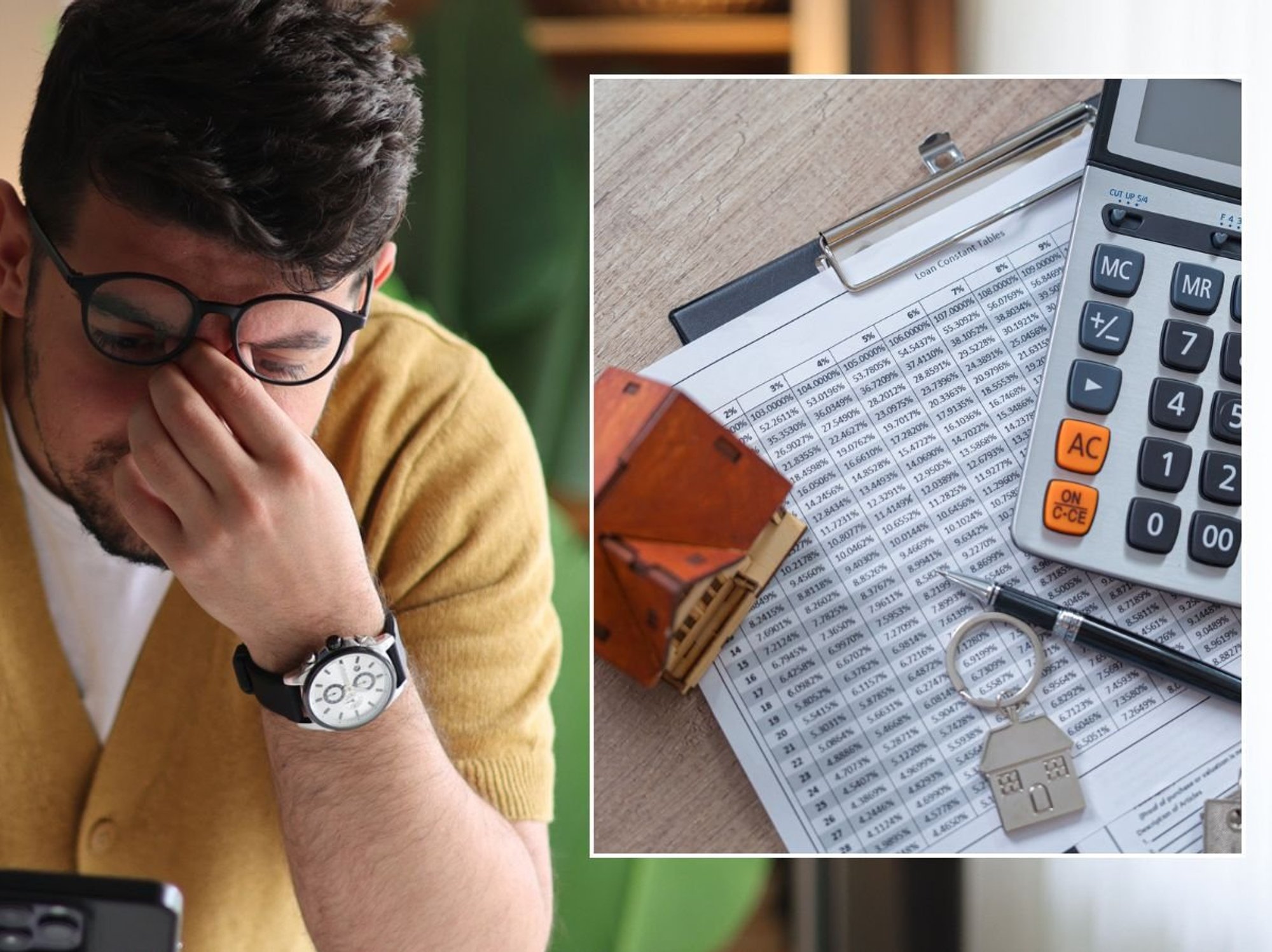British drivers could be slapped with enormous £5,740 car tax charge next year after Budget update

Chancellor Rachel Reeves could announce car tax changes within days
Don't Miss
Most Read
Experts have predicted that drivers could face new car taxes in the coming months, which could be confirmed in the upcoming Budget.
Chancellor Rachel Reeves could unveil fresh car tax changes on Wednesday, November 26, in a bid to raise money for the Government and ease financial pressures.
Last year's Autumn Budget outlined that Vehicle Excise Duty (VED) for cars, vans and motorcycles would rise in line with the retail price index in the new financial year (April 1, 2025).
The Chancellor also oversaw huge changes to the first year rate of VED for new cars registered on or after April 1, 2025.
TRENDING
Stories
Videos
Your Say
Drivers could now be slapped with a price of up to £5,490 in the first year, if they purchase a car which emits more than 255g of CO2 per kilometre.
In a bid to incentivise motorists to switch to electric vehicles, the Government aimed to "widen the differentials" between EVs and internal combustion engine cars.
As part of this, zero emission vehicles pay the lowest first year rate of just £10, while cars emitting more than 76g/km would see their prices double.
It is likely that the Government will allow VED rates to increase again in line with inflation.

Experts have predicted huge tax rises in line with inflation next year
|GETTY
Motoring expert Pete Barden has forecast how much petrol, diesel and electric car owners could be paying for VED next year.
The latest data from the Office for National Statistics shows that the RPI rate of inflation is expected to be around 4.6 per cent.
This is typically used to inform the Treasury's outlook and future plans for future tax policies.
The expert suggested that the standard VED rate for most cars, which is currently £195, could rise to around £204 a year next April.
LATEST DEVELOPMENTS
Similarly, the first year rate for low emission cars (1-50g/km) would rise from £110 to around £115.
The biggest increase will hit the most polluting petrol and diesel vehicles on the market if they are registered after April 1, 2026.
If the first year rate is to rise by between four and five per cent, they could pay as much as £5,740.
The Expensive Car Supplement, which applies to vehicles that cost more than £40,000, could also see prices hiked from around £425 a year to £445.
 The Expensive Car Supplement applies to all vehicles with a list price of more than £40,000 | PA
The Expensive Car Supplement applies to all vehicles with a list price of more than £40,000 | PAHowever, there have been calls for the threshold to be raised to ensure drivers are not put off by investing in an electric car, which tends to be more expensive.
Pete Barden said: "While 4-5 per cent may not sound huge, it adds up - especially alongside other motoring costs like fuel, insurance, and servicing that have all been rising faster than wages.
"It's also being suggested that the fuel duty freeze could be scrapped in Rachel Reeves' November 26 Autumn Budget - adding even more pain to motorists' wallets."
A Government spokesperson told GB News: "The Chancellor makes tax policy decisions at fiscal events. We do not comment on speculation around future changes to tax policy."











